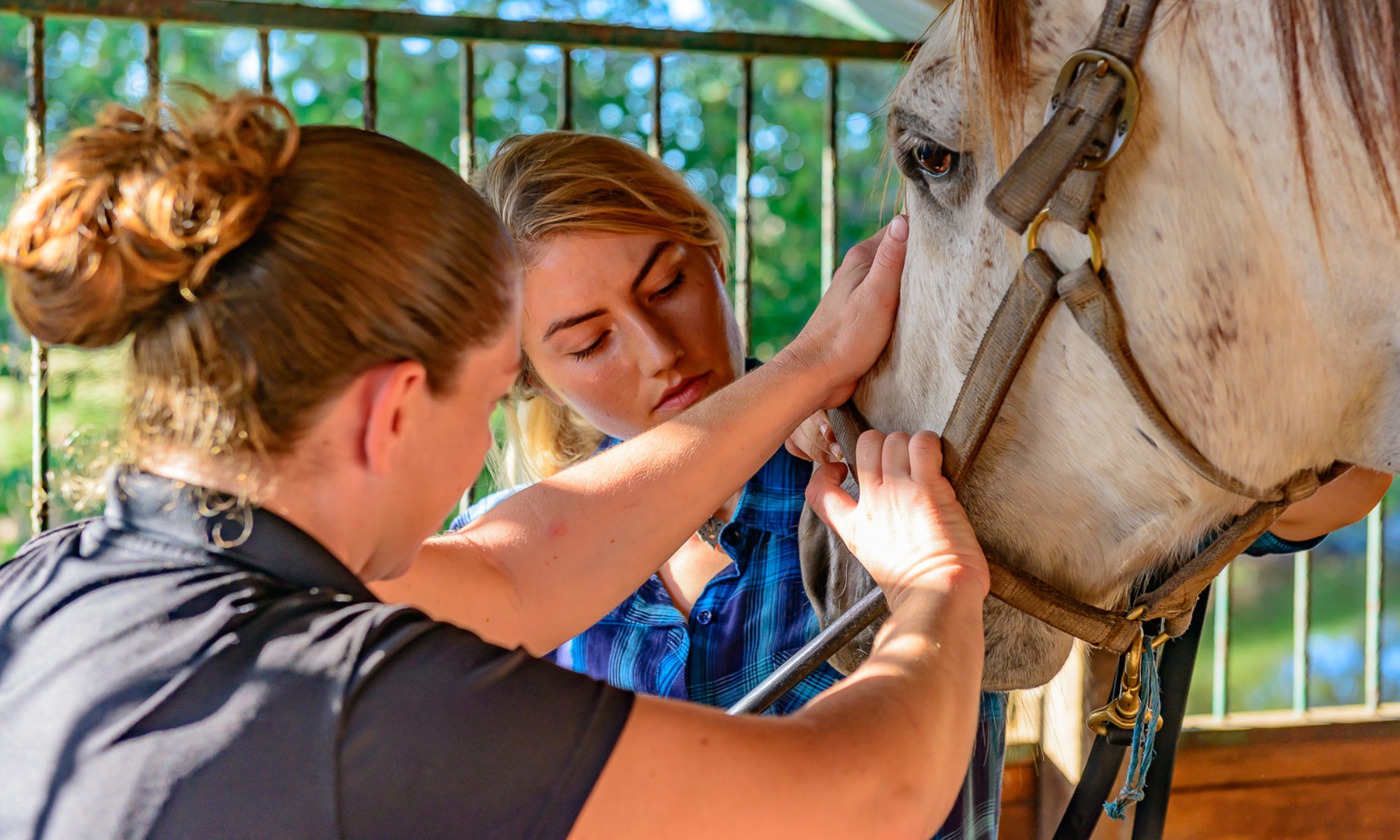Becoming certified in Horsemanship Dentistry is important to assure horse owners of a level of competency and integrity. But certification granted by me or any anyone else has no legal meaning in most states or countries as far as the legality of practicing equine dentistry. The exceptions are in states and countries where they explicitly say in their veterinary practice acts that a described certification process allows non-veterinary equine dentists to float teeth.
The school will be seeking approval from a continuing education certification organization in the future followed by becoming accredited in as many states as possible to allow non-veterinarians to provide the husbandry aspect of equine dentistry (floating).
You must check with the veterinary practice act of the state or country you are working in to determine if you are legal. Be assured that becoming “certified” by any organization has no legal authority for you to practice in every state or country.
If you are a veterinarian, however, you may become licensed in any state but there are some states that even if you become licensed in the state they will make it difficult to practice in if you are not a resident
